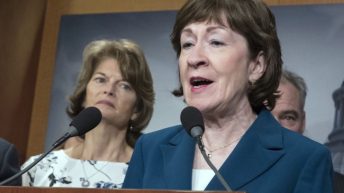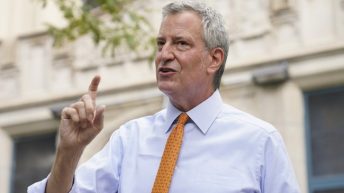On Sunday the Federal Aviation Administration ordered a ground stop for flights bound for Los Angeles International Airport because a significant shortage of air traffic controllers developed amid the government shutdown, triggering stranded passengers, delayed arrivals and fresh questions about who is responsible for keeping the skies safe when Washington shuts down.
The FAA’s decision to halt inbound traffic to LAX exposed how fragile routine air travel becomes when essential staff are sidelined by political fights in Washington. Airline schedules collapsed into cascading delays as controllers who normally manage arrivals and departures were not available in sufficient numbers. Airports and carriers scrambled to reroute aircraft and manage passenger flow, but none of those fixes can replace controllers on the tower and in the radar rooms.
Air traffic control is an operational task that tolerates no political experiments or bureaucratic games. Pilots and planes rely on split-second coordination, and controllers provide that backbone 24 hours a day. When a government shutdown forces these professionals to stay home or work under unclear pay conditions, the result is predictable: safety margins shrink and the system becomes reactive instead of proactive.
Passengers were caught in the middle of this breakdown, facing missed connections and overnight waits at terminals. Families traveling for work or medical needs were left with little recourse as airlines adjusted lists and flights were held at holding patterns miles away. Airports like LAX, already operating near capacity, have no room to absorb sudden staff shortages without cascading harm across an entire air-traffic region.
Republicans and conservatives have long warned that essential services should be insulated from shutdown politics, and this episode proves that point in stark terms. The folks who keep aircraft separated and on schedule are not an optional part of government; they are essential workers whose absence endangers safety and commerce. Political brinkmanship should not interfere with mission-critical operations that Americans depend on daily.
There’s also an economic toll to consider. Airlines bleed revenue when planes sit idle, and airports lose landing fees and retail sales when passengers abandon travel plans. Local businesses tied to tourism and commerce feel the hit immediately, and it reverberates through supply chains that depend on timely flights. The longer the shutdown persists, the deeper the economic scarring becomes.
Management in aviation knows how to prioritize safety, but policy makers need to back that up with clear rules that prevent essential personnel from being immobilized during budget fights. One practical measure would be to designate air traffic control and other safety-critical functions as exempt from furloughs in the event of a lapse. That would preserve public safety while forcing elected officials to resolve funding disputes without holding lives and livelihoods hostage.
Union leaders and controller associations have been vocal about the strains on their workforce, reporting fatigue and stress when staffing levels fall. Those human factors matter: worn-out controllers are not as sharp, and the system depends on people being at peak performance. Ensuring they can work without fear of missed paychecks is not a political favor; it is a safety imperative.
Airlines themselves bear some responsibility for contingency planning, but they cannot substitute for certified controllers. Holding passengers accountable for choosing peak travel days is unfair when the government removes the staff that makes those busy days possible. The industry needs reliable government partners so that contingency plans are realistic rather than wishful thinking.
Public trust in air travel relies on steady performance from institutions that run quietly behind the scenes until something breaks. A shutdown that directly causes a ground stop at a major hub like LAX cracks that trust and shifts blame to whoever caused the impasse in Washington. Restoring confidence means restarting essential services immediately and setting rules to avoid this in the future.
Lawmakers should act now to protect safety-critical operations from political stalemates and to ensure controllers receive uninterrupted pay during temporary funding gaps. The country deserves a system that keeps flights moving and people safe even when politicians argue about budgets. Policymakers on both sides can agree on that basic goal, and the public will expect solutions, not excuses, when the next budget fight begins.




Add comment